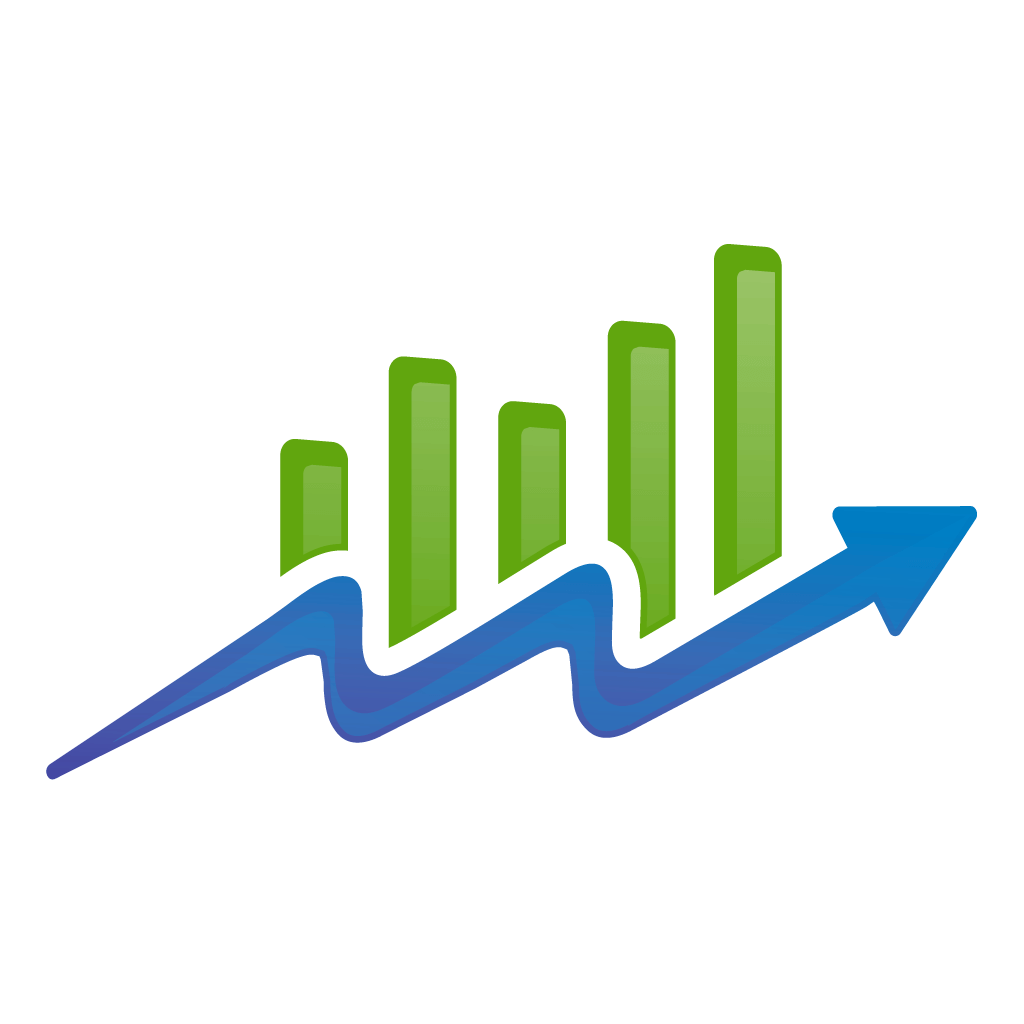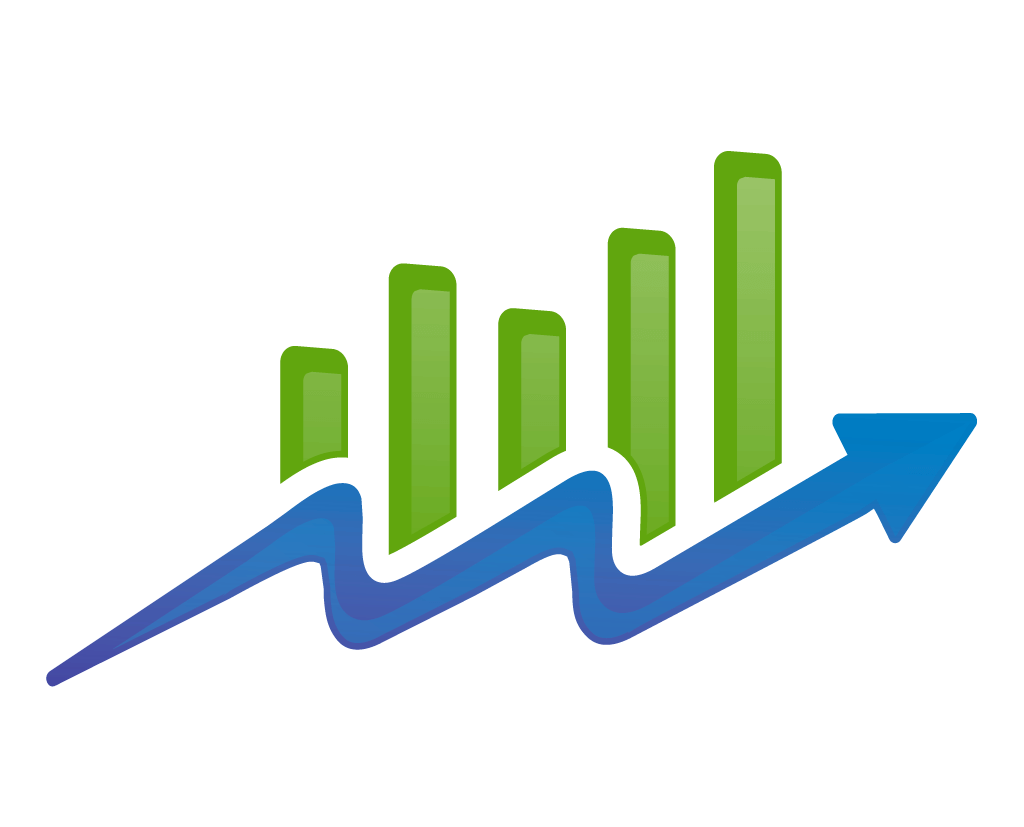Running a modern business is almost impossible without a website. Increasingly, that website becomes not just an online billboard, but an interactive tool for your potential customers to learn more about your business, buy services, and schedule appointments.
That means they have to leave their personal information on your site. And that, in turn, means having to make sure that your website is secured.
It’s not just a theoretical exercise. Nearly half of all cyber attacks and security breaches are targeted at small businesses, and these businesses lose an average of $25,000 in value during every attack—not even counting the loss in trust and credibility if your customer data is exposed.
Fortunately, making sure that your website can keep its data safe is more straightforward than you might think. Take these 7 steps to secure your website, allowing you (and your customers) to breathe a little easier.
1. Install an SSL Certificate
SSL is short for Secure Sockets Layer, but you might know it more obviously for the little s it adds to HTTPs websites. An SSL security certificate encrypts any fillable information on your website, from emails in Contact Us forms all the way to customer credit card information.
There are many layers of SSL certificates depending on the sensitivity of the data you’re collecting, but all of them add that little s to let search engines like Google and your users know that their information will remain safe.
2. Regularly Scan for Malware
You know those anti-virus tools that come with most new computers? The same tools exist for websites, as well. Set one up, and it automatically starts scanning your website for malicious files that might be looking to steal information or crack your passwords.
Of course, new malware always enters the market, so you’ll want to make sure that you frequently update your anti-malware software to keep it as safe as possible.
3. Update Your CMS or Web Management System Frequently
Speaking of updates: especially popular content management systems like WordPress get frequent updates to update their code and better protect against malware. To keep your site secured, you have to make sure that anytime there is a new update, your website automatically installs it.
That applies not just to your central website backend, but any third-party plug-ins and tools you use as well. Otherwise, you may leave your website vulnerable to bad actors looking to exploit known loopholes and issues.
4. Create and Keep Strong Admin Passwords
It sounds so simple, but four of five cyber-attacks involve a bad actor guessing or finding out the password to get in. No fancy hacking or malware involved.
But that’s actually good news if you want to secure your website. It means that simply choosing strong passwords that those bad actors can’t easily guess can go a long way toward data safety. A password manager that generates random passwords may just be your best bet to make sure your website is secured.
5. Define and Train Your Website Staff
Especially if multiple members of your staff have admin access to your website, it pays to get specific. Most CMS systems allow you to set defined admin roles with who is able to do what, and setting those roles is more important than you might think.
For example, you might have a staff member or two just posting blog posts or monitoring comments on those costs. There should be no reason for those staff members to also have access to your backend code and host settings.
In addition, it helps to write down the admin roles you’re defining. That makes it easy to remember specific access, especially as team members transition in and out of their roles.
Finally, be sure to train your staff on the importance of web security and pieces like password safety. The more they know, the more easily they’ll be able to keep your security protocols in place.
6. Frequently Back Up Your Website
Most steps to keep your website secure should be proactive—increasing its safety before anything happens. But you still need to be prepared for the worst, should that scenario occur.
For example, what if your hardware fails or your host server falls victim to a natural disaster? What if malicious actors just try to shut down your site?
A regular website backup makes sure that restoring your website is quick and easy. You won’t lose any of your data or deeper settings, including those that can help your cyber security.
Backups can be comprehensive, including anything from code files to customer information databases and more. You can back up your website manually, ask your hosting provider about it, or find a tool specifically designed to do it automatically for you.
7. Install a Web Application Firewall
Finally, consider installing a Web Application Firewall (WAF) on your website.
As its name suggests, a firewall acts as a shield between your site and any traffic that comes to it from the outside. Whereas an anti-malware tool scans your site for existing bad code, a firewall prevents that code from entering your site to begin with.
There are plenty of different firewall options you can consider for your website. Some are more automated, while others allow for more customization to create a more advanced traffic-monitoring website. Find one that hits a good balance between keeping your site safe without requiring an advanced cyber security degree to maintain.
Ready to Build a Better and More Secure Website?
When it comes to your website, and especially as it relates to sensitive customer information, website security should always follow the better safe than sorry mantra.
The steps above may seem complex at first. But in the long-run, they’ll be well worth the effort as they keep your website secure and all of your data safe.
Of course, you might still need help implementing these and other website optimization steps. In that case, we’d love to hear from you. Reach out today to schedule a free consultation, allowing us to take a closer look at your site’s security as we answer your questions and discuss the potential of a more comprehensive partnership.








